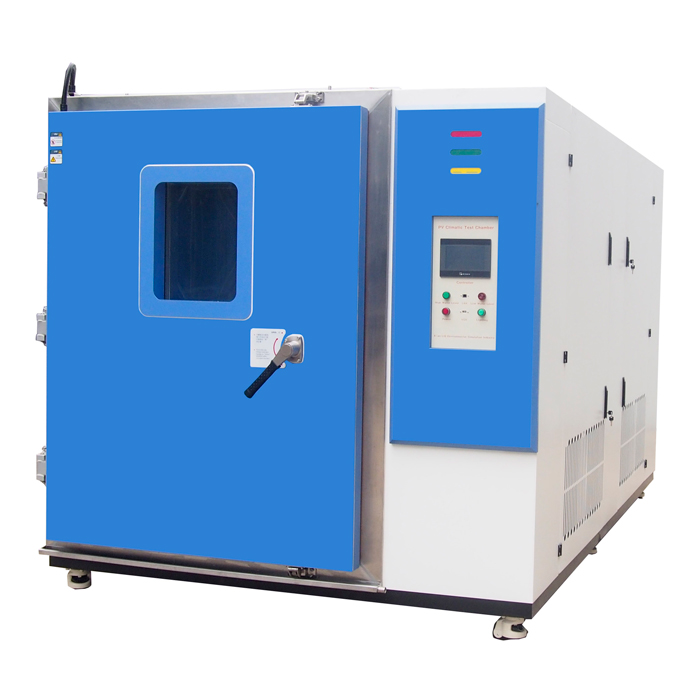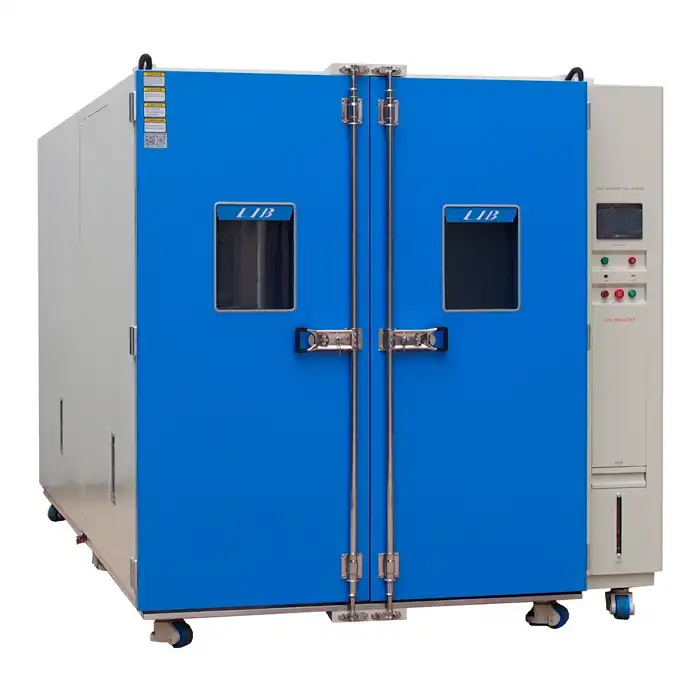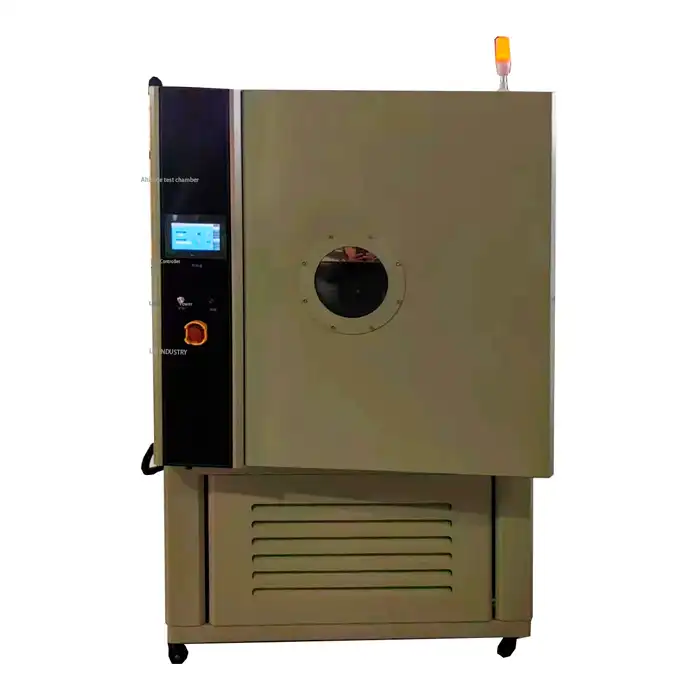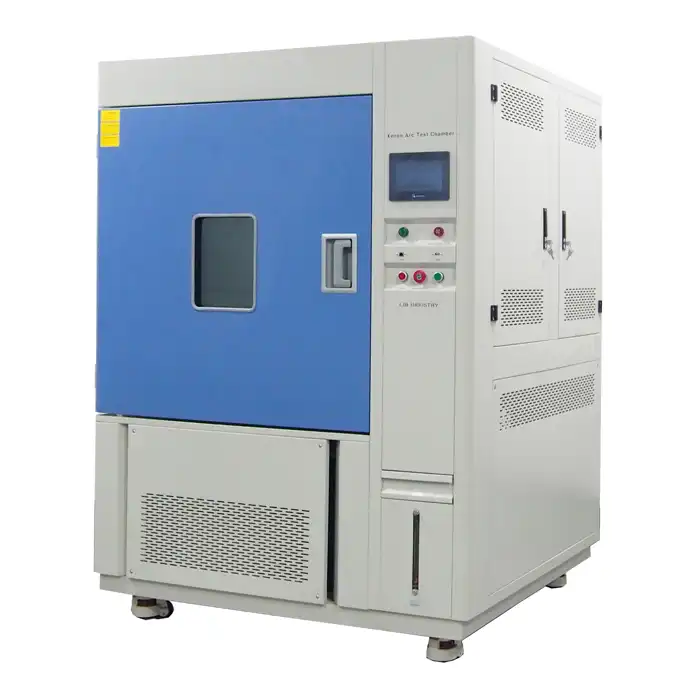Salt Fog Testing for Marine Applications: Protecting Against Harsh Environments
Marine environments are unforgiving, with salt-laden air, high humidity, and constant exposure to corrosive elements posing significant challenges for materials and coatings. Salt fog testing has become an indispensable tool for manufacturers to ensure their products can withstand the harsh realities of these conditions. In this article, we'll explore the importance of salt fog testing, delve into key considerations for marine applications, and highlight how LIB Industry's salt fog test machine can help you achieve optimal results.
Understanding Marine Corrosion Mechanisms
Marine corrosion is a complex process driven by factors such as saltwater, humidity, and temperature. Chloride ions in saltwater aggressively attack materials, accelerating rust formation and pitting. Additionally, galvanic corrosion occurs when dissimilar metals come into contact in the presence of an electrolyte, leading to material degradation. These mechanisms are particularly destructive in marine settings, making it critical to simulate these conditions during product testing to ensure durability and performance.

Material Selection for Marine Environments
The foundation of long-lasting marine equipment lies in selecting the right materials. Corrosion-resistant alloys such as stainless steel (316L) and aluminum-magnesium alloys are popular choices due to their ability to withstand chloride-induced corrosion. Protective coatings, including epoxy and polyurethane, further enhance durability by forming a barrier against salt fog and moisture. Testing these materials under controlled salt fog conditions ensures they meet industry standards and perform as expected in real-world applications.
Salt Fog Test Parameter Optimization
Salt fog testing isn't a one-size-fits-all process - it requires careful parameter optimization to replicate the unique challenges of specific marine environments. Salt fog te st machine settings must be adjusted to control key parameters:
- Salt concentration: The test solution typically contains 5% sodium chloride, but adjustments can mimic more aggressive conditions.
- Temperature: Marine environments vary, so controlling test chamber temperatures (e.g., 35 °C standard) ensures accurate simulation.
- Exposure time: Prolonged testing (ranging from 24 hours to several weeks) evaluates long-term durability.
For example, ship components exposed to seawater splashes may require different testing parameters than offshore wind turbine parts subjected to airborne salt. By fine-tuning these variables, manufacturers can better predict how their products will perform over time in marine settings.
Evaluating Coating Performance
Coatings are a critical line of defense against marine corrosion, but not all coatings perform equally. Salt fog test machine plays a vital role in evaluating key performance indicators such as salt resistance, adhesion, and overall durability.
- Blistering: Small bubbles forming under a coating indicate moisture penetration and potential failure.
- Rusting: The degree of rust formation on coated surfaces is measured to assess resistance.
- Adhesion loss: Tests reveal how well a coating adheres to the substrate over time.
For instance, a marine-grade epoxy coating may exhibit minimal blistering and strong adhesion under salt fog testing, making it ideal for underwater structures. Conversely, coatings that fail these tests are deemed unsuitable for harsh marine conditions. These insights empower manufacturers to select and refine coatings for maximum protection.
LIB Salt Fog Test Machine
LIB Industry's salt fog test machine is a cutting-edge solution designed to meet the rigorous demands of marine applications. Key advantages include:
| Temperature Range: Ambient ~ +60 ℃ Temperature Fluctuation: ± 0.5 ℃ Temperature Deviation: ± 2.0 ℃ Humidity Range: 95% ~ 98% RH Salt Fog Deposition: 1~2ml / 80cm2 · h Spray Type: Continuous / Periodic Salt Fog Collected: Fog collector and fog measure cylinder Air Preheating: Saturated air barrel Spraying System: Atomizer tower and Spray nozzles Controller: PID controller |
- Precision Control: Advanced temperature, humidity, and salt spray control systems ensure accurate simulation of real-world conditions.
- Durability and Reliability: Built with corrosion-resistant materials, LIB's chambers are engineered to provide consistent performance over years of use.
- Customizable Design: Tailored solutions allow users to adjust parameters to replicate specific marine environments.
- Compliance with Standards: LIB chambers meet international testing standards, including ASTM B117 and ISO 9227, ensuring reliable and credible results.
Salt fog testing is essential for manufacturers operating in marine industries. By understanding corrosion mechanisms, selecting appropriate materials, optimizing test parameters, and evaluating coating performance, businesses can produce reliable, high-quality products. LIB Industry's salt fog test machine offers the perfect solution for achieving these goals. For more information or to discuss your testing needs, contact us at ellen@lib-industry.com.
References
1. ASTM International: Standard Practice for Operating Salt Spray (Fog) Apparatus (ASTM B117).
2. ISO: Corrosion Tests in Artificial Atmospheres - Salt Spray Tests (ISO 9227).
3. T. Burstein, "Mechanisms of Pitting and Crevice Corrosion in Marine Environments," Journal of Corrosion Science.
4. J.R. Davis, "Corrosion: Understanding the Basics," ASM International.




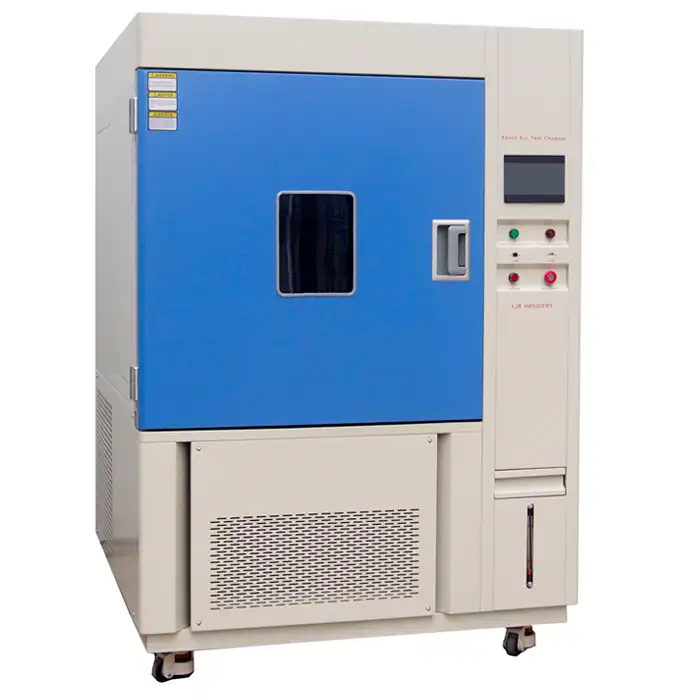
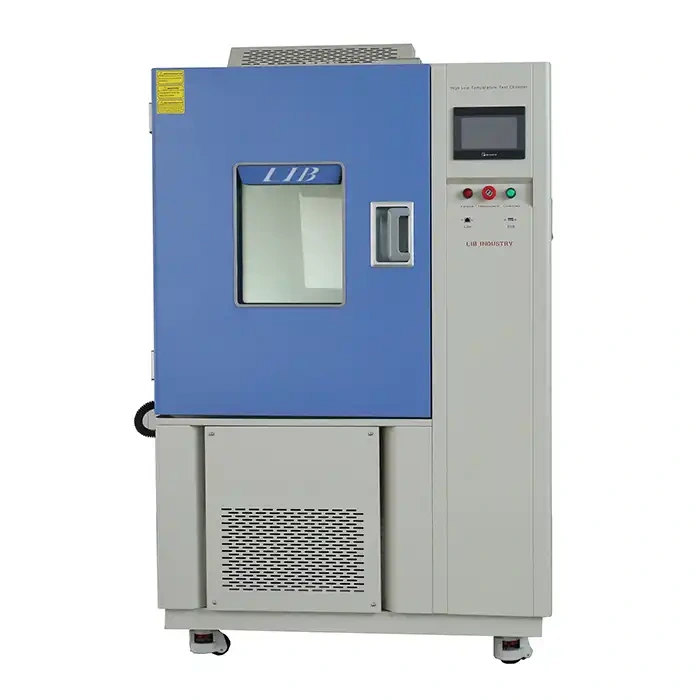
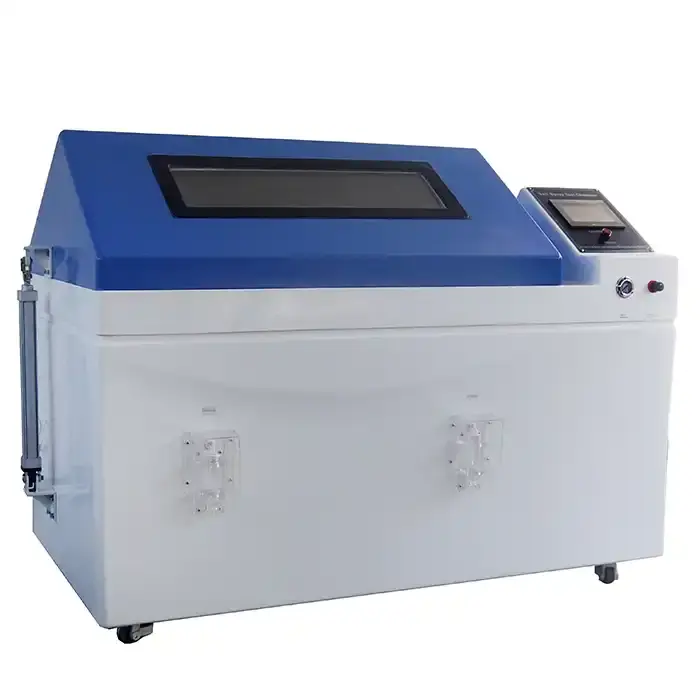
.webp)
